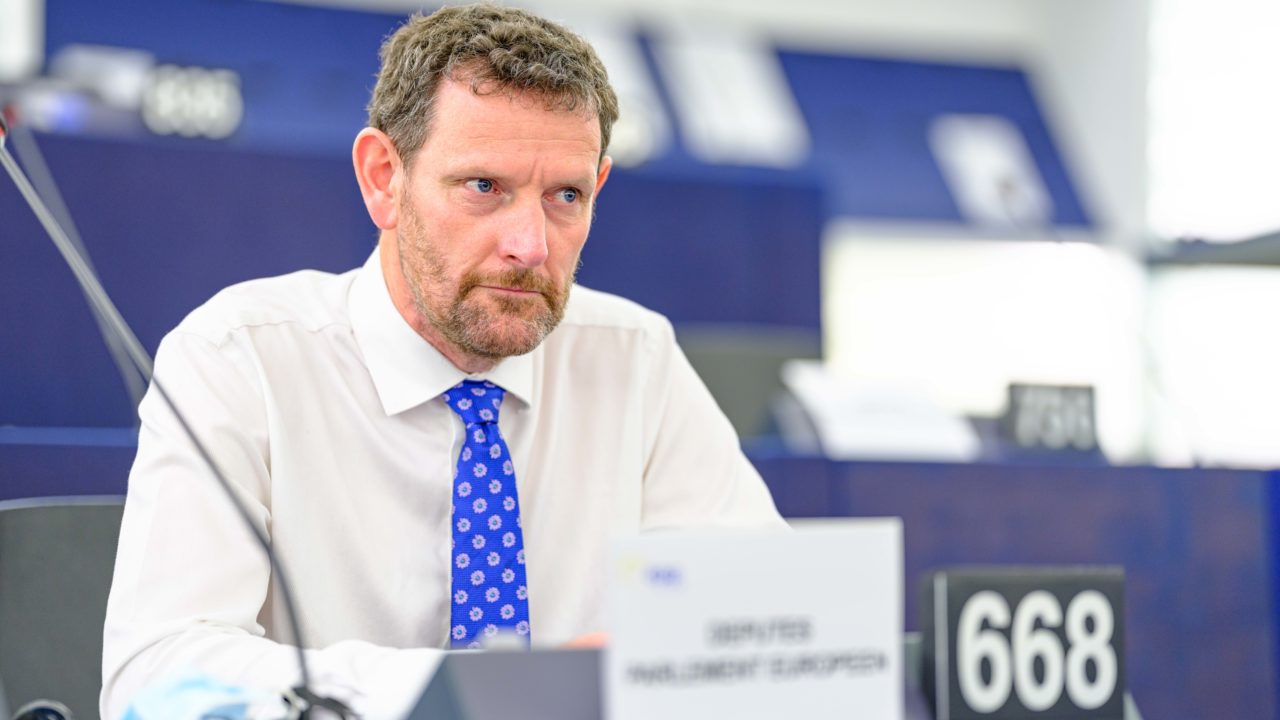Food prices could increase even further next year if the European Commission fails to take action to address fertiliser shortages, an Irish MEP has warned.
Colm Markey is calling for a fertiliser strategy to be put in place to secure adequate supply in the short term.
A question to the commission, co-authored by the Midlands North-West MEP, will be debated at the plenary session of the European Parliament in Strasbourg today (Thursday, October 6).
“60% of Europe’s fertilisers would have come from either Russia or Ukraine in the past. The reality is with the war and the hike in energy prices, that has had a major impact on the supply of fertilisers,” Markey said.
“While the year gone by was challenging, reserves were built up from the previous year but that will not be the case in 2023. Less fertiliser means less food, which would have serious repercussions.
“Fertiliser prices rose 350% last year, they could even rise further this year. We need Europe to act. We need the commission to act and put a plan in place now rather than start worrying about it next spring.
“The Commission must address the unsustainable input costs facing farmers.
“We know the current high food prices are linked to the impact of high fertiliser costs and in order to avoid further inflationary pressures, a clear strategy is needed to give confidence and security to the market,” the MEP continued.
“They need to identify where we can source product or alternatively where we can source gas, which is a key component to making fertilisers, in the years ahead.
“In the longer term we would like to see the transition to organic fertilisers like clover, but we can’t make that happen overnight. In the short-term, we need this emergency plan put in place.
“There are a number of options available such as the sourcing of product outside the EU or the importation of raw materials necessary for fertiliser production, lifting anti-dumping measures, and financially supporting the transition to natural methods such as the use of clover,” he said.
“I think we have to be realistic about bringing down the cost of production, particularly in the case of fertiliser, to ensure that food prices can come back into line with what they were previously.
“We’re facing a looming crisis which could see food prices rise even further and put less developed countries on the brink of famine,” Markey said.
